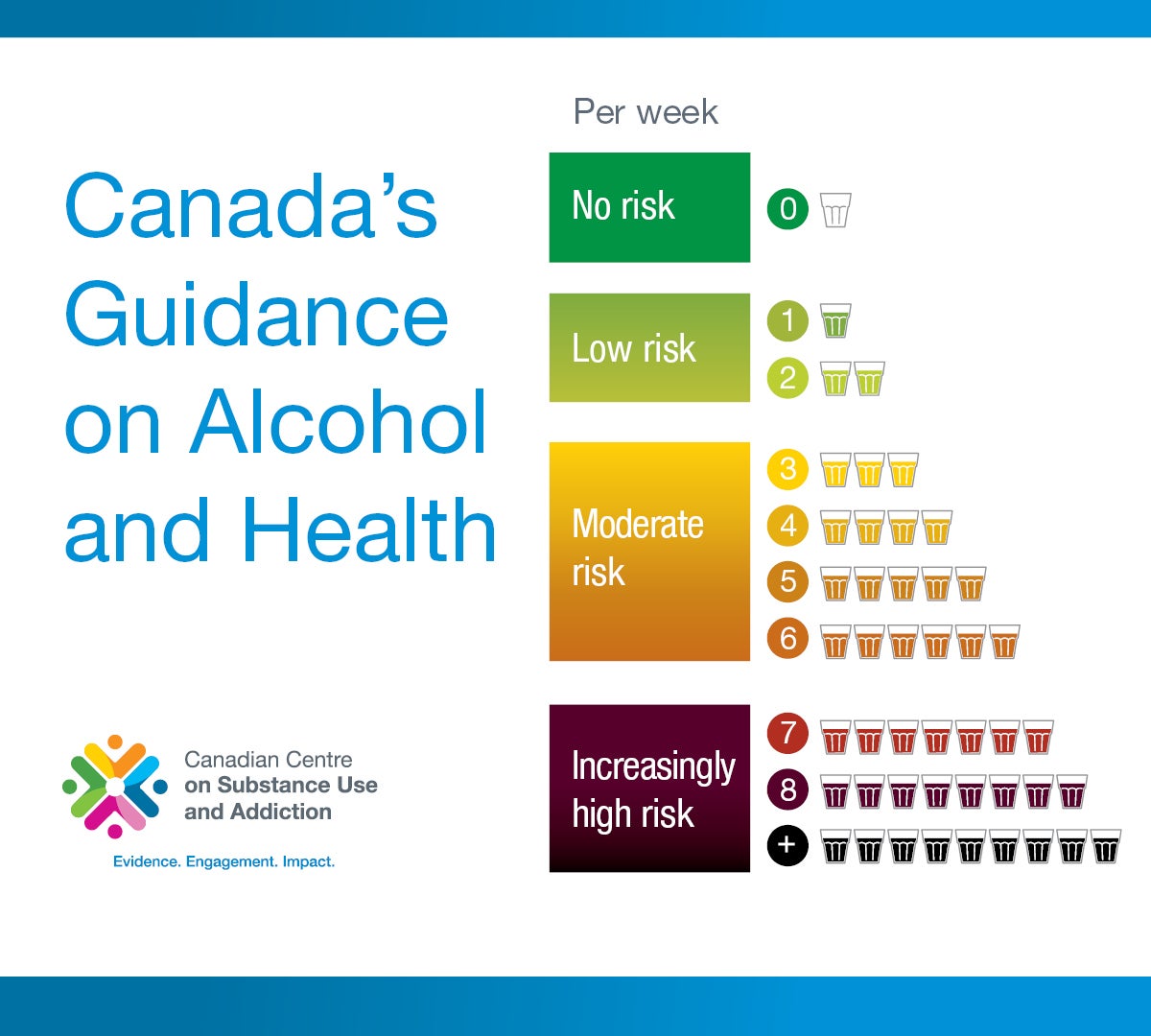Benefits of drinking less
Cutting back on the amount of alcohol you drink can be great for both your body and mind. You can expect to see positive changes like:
- Feeling more energized throughout the day
- Getting a better sleep at night
- Improved skin appearance
- Lower blood sugar and blood pressure
- Lower risk of stroke, cancer and liver disease
- Improved concentration
- Loss of excess weight (alcohol is high in calories)
- Saving money
Thinking about cutting back the amount you drink? A good place to start is to assess how much you’re drinking. Read our tips below for cutting back your alcohol intake.















